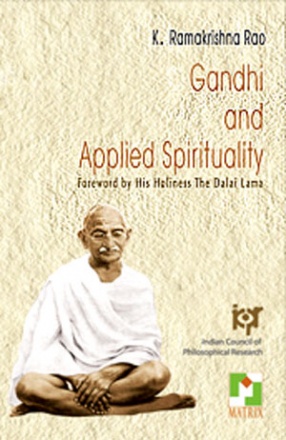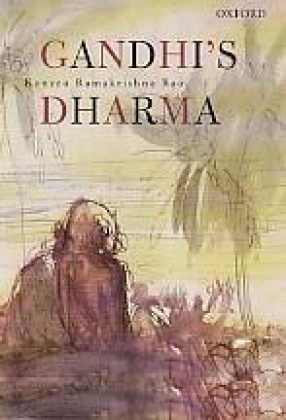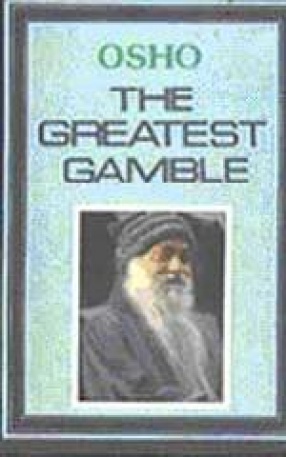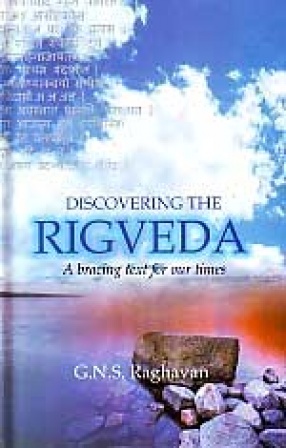Gandhi and Applied Spirituality is more than just another book on Gandhi. It deals with the spiritual foundations of Gandhian philosophy and practices and their relevance to today?s world troubled by terror and violence. It discusses the scientific base for the so-called spiritual and dispels the false but widely prevalent notion that science and spirituality are mutually opposing endeavours. Sarvodaya, altruism, is the sine qua non of spirituality. Dr. Rao argues that science and spirituality are two parallel streams in pursuit of knowledge and that the secular and sacred are two distinct but complementary dimensions of human condition. Gandhi?s thought and action show that there is more to humans than reason and emotion and that we are spiritual beings as well. A recognition of this calls for a reconstruction in philosophy that would leave room for trans-rational forms of knowing and nonphysical causation in human relations.
The chapter on identity, conflict and violence provides the context and shows the relevance of Gandhi to the current scenario of terror and violence. Then follows a discussion of Gandhian philosophy of spiritual pragmatism and satyagraha, the instrument of social action for conflict resolution. Dr. Rao depicts Gandhi as a yogin and satyagraha as yoga applied to social action. It is suggested that Gandhiji?s pragmatic spiritualism could be a soothing syrup to congested minds coughing conflict and abuse. Offered by the right persons, for a right cause, at the right time, and in the right way, satyagraha is superior to any violent method of conflict resolution because, unlike the other methods, it has no adverse side effects.
The primary thesis of the book is that satyagraha and its success as an instrument of social action cannot be properly understood without reference to its spiritual component. Gandhi was amazingly successful in showing the secular applications of spirituality and the consummate complementarities of science and spirituality, reason and intuition. There is enough empirical evidence in support of Gandhian thesis, which is itself something embedded in the Indian ethos. Recent investigations into Yoga and psychic phenomena and the epidemiological researchers of spirituality provide a scientific base for the Mahatma’s spiritual convictions. Gandhi was both a statesman who lived a spiritual life and a scientist who conducted experiments in applied spirituality. Sketching the person as a composite of body, mind and consciousness, the book provides a psychological model for understanding Gandhi?s life and practices.






There are no reviews yet.